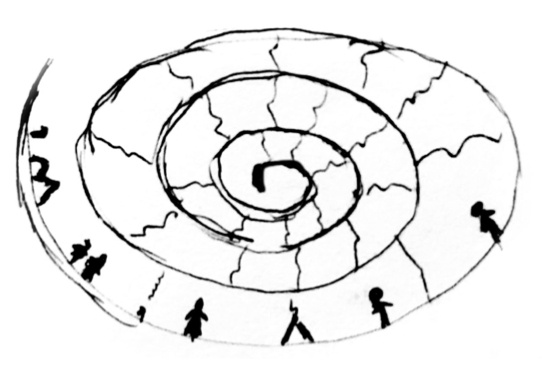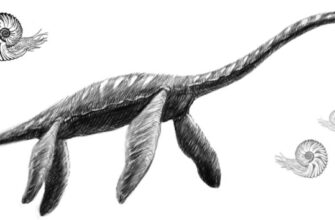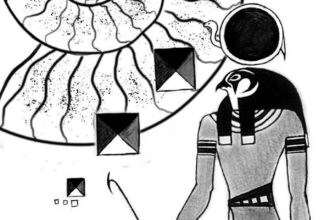The translation of this chapter from Russian was done by Joanna Dobson
Happy families are all alike; every unhappy family is unhappy in its own way. This is how Lev Tolstoy put it. AMEN! Who could argue with that?
However, if we were to paraphrase this statement, taking away the excess wording, a deeper, more significant thought is revealed. People are happy similarly but unhappy in their own way. It is practically the Darwinism that Tolstoy so loathed. The great writer would turn in his grave if he read this. Here is why.
Let us recall the intellectually-refreshing experiment (1957) conducted by the evolutionary biologist Georgy Shaposhnikov. The experiment consisted of the following: Shaposhnikov undertook an experiment on plant lice, aphids. Aphids are monophage, which means that they feed on one type of host plant only. Some aphids feed on one species of plant, others aphids will feed on a different species. Groups with different host plants are incapable of crossbreeding and, therefore, are considered separate species. Aphids will die if they are transplanted onto an unfamiliar host plant – all 100%. What did Shaposhnikov do? He transferred aphids onto an unsuitable plant and, when the aphids were reaching the point of death, he transferred them back to their original host plant for the period of one day. After the aphids were revived and had eaten their fill, Shaposhnikov transferred the revived aphids back to the other plant, at which point, an amazing thing became clear. Yes, 95% of the aphids died but the other 5% survived. Moreover, they had learned to feed on an unsuitable host plant, that is, they had transformed to such an extent, that they could no longer interbreed with the parent species.
The most interesting thing about this experiment is that not just one individual transformed, a fact that could be explained as random mutation, but quite a number of individuals transformed simultaneously, that very same 5%. It became clear that speciation is the result of the determined effort of an evolving group. Will power is the means to achieve a goal. In the case of the plant lice in Shaposhnikov’s experiment, many were of the opinion that the goal was simply to eat enough to stay alive. Or could there have been something more significant at play? Either way, the goal was collective. Synchronized.
So, will, not random mutation. Moreover synchronized will of at least 144 individuals. The fact is that the mutation of one organism is useless. Since, post mutation, an individual cannot reproduce even from its parent species, a single mutated individual will inevitably die. No question. Even a dozen mutated individuals are insufficient to ensure procreation. Consanguineous “marriages” occur, but all offspring degrade and also perish. The minimum number of individuals essential to procreate thereby avoiding extinction, has long been established –144 individuals. More than this, procreation is still possible, less than this number – no chance.
Synchronizing enough to ensure collective mutation is not an easy task. All members of the evolving group must agree on certain key concepts, above all, on the matter of death. It is a paradox: if you want to live, first get straight with death, and therein find the Truth. At least in this matter.
Did you enjoy this chapter? Read the next one. Who among us will become extinct?
Donations from patrons will be used to translate the book “Sacred Paleontology” from Russian into English. Meniailov has already written more than 50 chapters.
One page of the final professional translation costs us 35 USD. We accept crypto and fiat.
What is the “Partisan Truth of the Partisans” movement, founded by Russian writer and philosopher Aleksei Meniailov?
To be continued …









